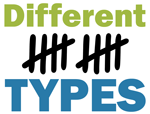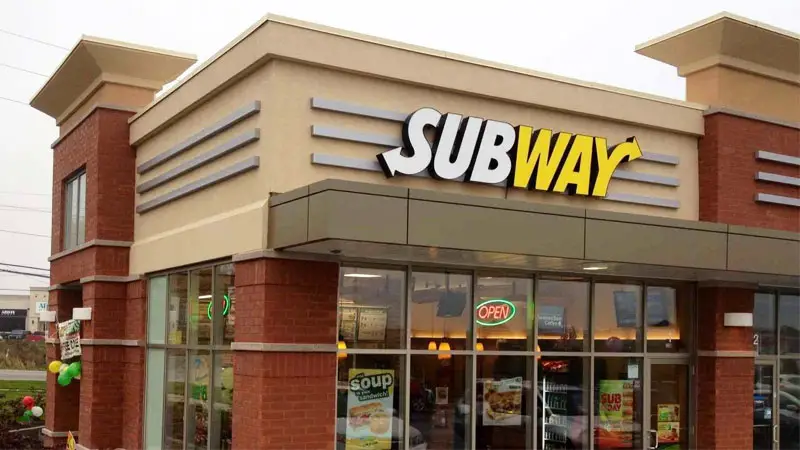Starting a new business can be a nightmare of trademarking, inventory, investments, and advertising that could ultimately lead to failure and potential bankruptcy. Franchises are an excellent way to get a head start with far less risk involved.
Experts argue about how many different models there are out there based on how they define each type of franchise, but the general consensus is that there are three to five established models to work from.
Here are five accepted models of franchise and how they work.
Types of Franchises
1. Business Format Franchise
The vast majority of franchises use the business format. Major corporations such as McDonald’s and Subway offer franchises to expand their empire with less personal investment.
A franchisee gains the rights to use all branding, business plans, uniforms, and other aspects of the parent company through paying a franchise fee.
A recurring royalty fee is also required, and the franchisee may have to purchase stock or other items directly from the parent company. In return, they gain support in setting up their business and operating it.
An interesting example of how franchises work on a small level is Crazy Mocha, a small chain of coffee shops hailing from the city of Pittsburgh. As employees moved to other states, some requested a business franchise. As a result, the company now has official branches in Florida and New Jersey.
2. Conversion Franchise
The opposite of a business format franchise, conversion franchises occur when a company absorbs smaller businesses. The business is then converted into a franchise, adopting the same customer support, marketing, training, and branding employed by the new parent company.
Because these franchises are previously established acquisitions, the parent company can expand quickly, taking in franchise fees at a faster rate than business format companies.
You’ll most often see conversion franchises in HVAC, extermination, and real estate industries. Some famous examples are Roto-Rooter and Century 21.
3. Investment Franchise
Also sometimes referred to as a management franchise, the franchisee is not directly involved in the day-to-day running of the business. Instead, they often purchase a franchise from the current franchisee and hire a manager to run the business for them.
This type of franchise can be expensive to procure, and in many cases, the purchased franchise needs some special attention due to poor returns.
However, the franchise and its staff are already in place and thus the returns quickly recover the investment cost. Investment franchisers will often resell a franchise business for a profit.
4. Job Franchise
One of the most affordable types of franchise, job franchises can often be run out of a house, duplex, or even apartment. There is a minimal amount of equipment required and job skills tends to be less intense than in larger franchise models.
Lawn or pool care services, food vans, small-scale cleaning companies, and event planning are all examples of potential job franchises.
5. Product-Driven Franchise
Also known as a distribution franchise, you’ve probably seen this form of franchise frequently in your day-to-day life without realizing it. The franchisor licenses out a trademark to a distributor who then markets products supplied by the franchisor.
Training or uniforms may also be provided. Goodyear, soft drink manufacturers, and makeup brands Mary Kay are all product-driven franchisers. Vending machines are another good example of how product-driven franchises may be executed.

